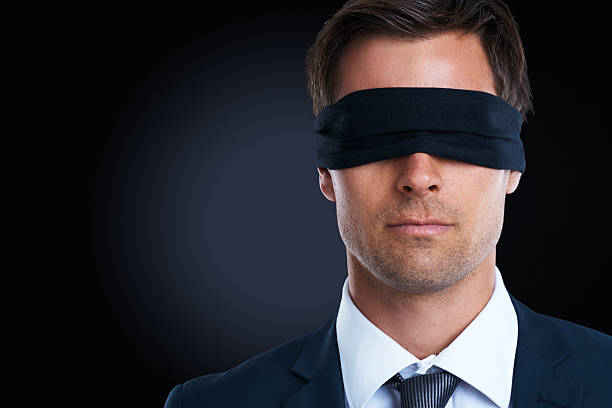I was amazed when I read an article about one of my favorite Christian thinkers, Tim Keller, on a site that, from its title, seemed to be dedicated to calling out enemies of Christianity. It was actually quite well done – a thorough profile on him, his history, and his positions. It was also very well-supported, with nearly 100 citations.

The thing is, the piece didn’t say anything to explain why he was an enemy of the church. I think it just made the assumptions that a person reading anything on that site would know that the positions he was taking were dangerous. And it kind of made me wonder.
Because I actually enjoyed the article. It laid out Keller’s positions in detail, and allowed me to pretty much say, “yeah, that sounds like Christianity to me.” But I could see the undercurrent in what the writer was trying to get at: “can you believe this guy thinks that we should be helping the poor?”
I’m going there because that seems to be the well-worn direction that some of these practitioners of American “Christianity” take. “The poor are at fault. They’re lazy. They don’t want to put in the hard work. They just want us to shovel money their way.” It’s where American individualism poisons Christianity. And it’s gotten so bad the people who say “hold on a minute, didn’t Jesus tell us to…” are given sidelong glances of suspicion.
I’m typically annoyed by talk of “white privilege.” I see it used far too often as a cudgel to shut people down. But I’ve also come to appreciate the underlying meanings of the term. And I can see where aspects of it have seeped into the church – especially among those who seem to think that the “American” version is the “correct” version. And the “American” version is influenced by a number of factors – prime of which being that the church was set in place by a certain segment of the population who established it in their own image. Face it – the popular pictures of Jesus that hang in many churches don’t look very much like a Jewish carpenter of two millennia past. People bristle at any suggestion that Jesus was perhaps darker-skinned. For some, it’s bad enough that he was Jewish. But this is the problem – to equate the church with the standard [white] American church is to be blind to what the church is supposed to be.
The knee-jerk reaction of these defenders of “Christianity” betrays their blindness. They’re in love with a church that fits what they personally think it should be. They’re unable to think beyond the boundaries of their concept of “America” – traditionalists whose minds can’t be wrapped around the concepts of a Christianity that cares for the poor and those in need. They are truly the ones of whom Jesus spoke in Matthew 25: “I was hungry and you gave me no food, I was thirsty and you gave me no drink, 43 I was a stranger and you did not welcome me, naked and you did not clothe me, sick and in prison and you did not visit me.’ 44 Then they also will answer, saying, ‘Lord, when did we see you hungry or thirsty or a stranger or naked or sick or in prison, and did not minister to you?’ 45 Then he will answer them, saying, ‘Truly, I say to you, as you did not do it to one of the least of these, you did not do it to me.’”
The bottom line here has to be “what does the Gospel call you to do?” Are you doing it? I’m not saying that Christianity is a religion of “do, do, do.” Of course not. But does it call one to defend the rich? To support the immoral for political positioning? To neglect the poor, the immigrant, the weak?
When I read things like this – attacks on those who sincerely want things to be better for those who are truly in need – I see the opposite of Christian truth. And I can’t help but wonder why these “defenders of the faith” cannot see the same.

